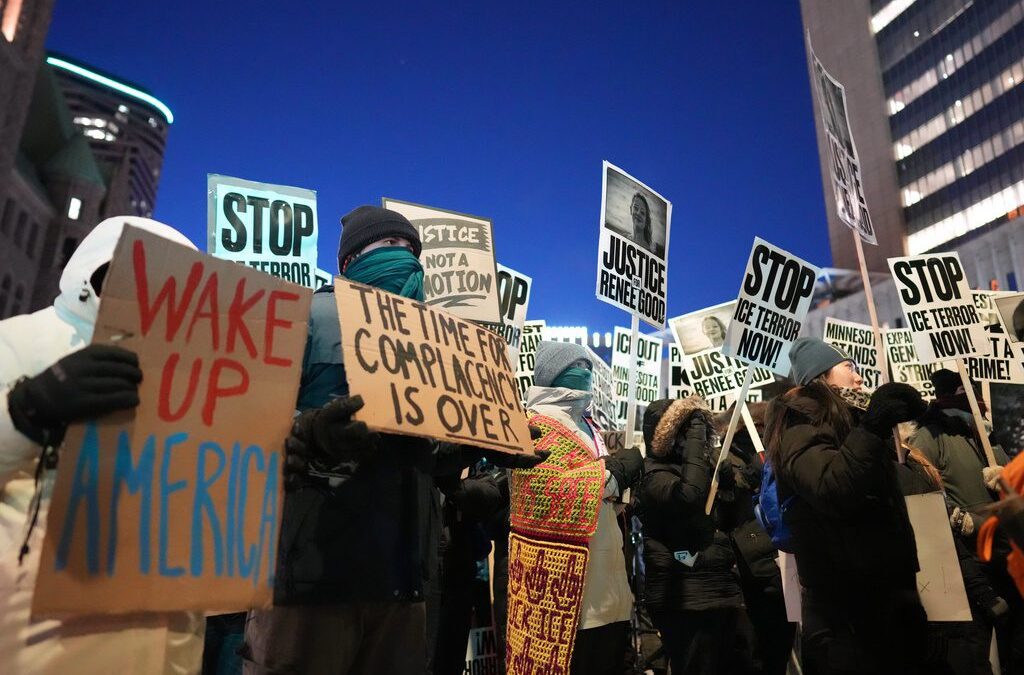
Michael O'Keene/Shutterstock
In light of the opioid crisis that claimed 430 lives in Detroit in 2023, the city has taken steps to initiate an innovative program aimed at connecting opioid overdose survivors to treatment and other essential resources.
The announcement was made by Deputy Mayor Todd Bettison and Executive Fire Commissioner Chuck Simms. The program, known as the Quick Response Team (QRT), officially commenced on September 16, 2024.
What is the QRT, and why is it necessary?
Despite the life-saving efforts of the Detroit Fire Department (DFD), who administered Naloxone 2,400 times in medical emergencies, many survivors decline transportation to the hospital, and those who do accept transportation often struggle to receive ongoing treatment. The QRT is designed to address these issues by making immediate follow-up visits to patients treated for suspected opioid overdoses.
The QRT will be operated by the nonprofit agency Face Addiction Now (FAN), which will assess the individual’s needs and interests and offer assistance in placement for substance abuse treatment if the individual is willing. Additionally, the team will work towards removing obstacles that may hinder their access to harm reduction services, housing services, food and clothing assistance, employment assistance, or other community-based services.
The QRT workforce will consist of Detroiters experienced in recovery from substance use disorder, including peer recovery coaches, community health workers, harm reduction specialists, and other individuals with lived substance use disorder experience. The team will be activated to respond to the location of the emergency medical services (EMS) call within 1-3 hours if the patient declines transport to a hospital or within 2-4 days at the patient’s home if they accept hospital transportation.
The city of Detroit will be investing opioid settlement funds to facilitate the QRT program. As part of nationwide settlements reached in 2021 and 2022 to resolve opioid litigation against pharmaceutical companies and pharmacies, the city is set to receive $48 million over the next 18 years. The funds are earmarked for reversing, treating, and preventing opioid-related overdoses, addressing systemic challenges in helping residents living with substance use disorders get connected to treatment, and providing recovery supports like housing to help people in treatment successfully reach long-term recovery.
Read More About This
Read More Michigan News
This story was generated in part by AI and edited by The ‘Gander staff.
This article first appeared on Good Info News Wire and is republished here under a Creative Commons license.
READ MORE: Election officials prepare for threats with panic buttons, bulletproof glass

Oppose ICE? Here’s how you can take action
The moment we’re in The US Senate is currently deciding whether to approve new funding for the Department of Homeland Security (DHS), including...

Oppose ICE? Here’s how you can take action
The moment we’re in The US Senate is currently deciding whether to approve new funding for the Department of Homeland Security (DHS), including...

AAA predicts record holiday travel. How to see if flights are delayed
AAA says more than 122 million Americans will travel at least 50 miles from home over the 13-day year-end holiday period that starts Saturday, Dec....

Michigan’s 7 most heartwarming news stories of 2025
It’s easy to get bogged down by sad news, but there are still heartwarming tales to unearth in Michigan. Here are 7 of our favorites from 2025. ...

People exposed to firearm violence more likely to die of stress-related heart diseases, study finds
By Clara Lincolnhol, Capital News Service LANSING—Being exposed to gun violence increases the odds of later dying from stress-related cardiovascular...




